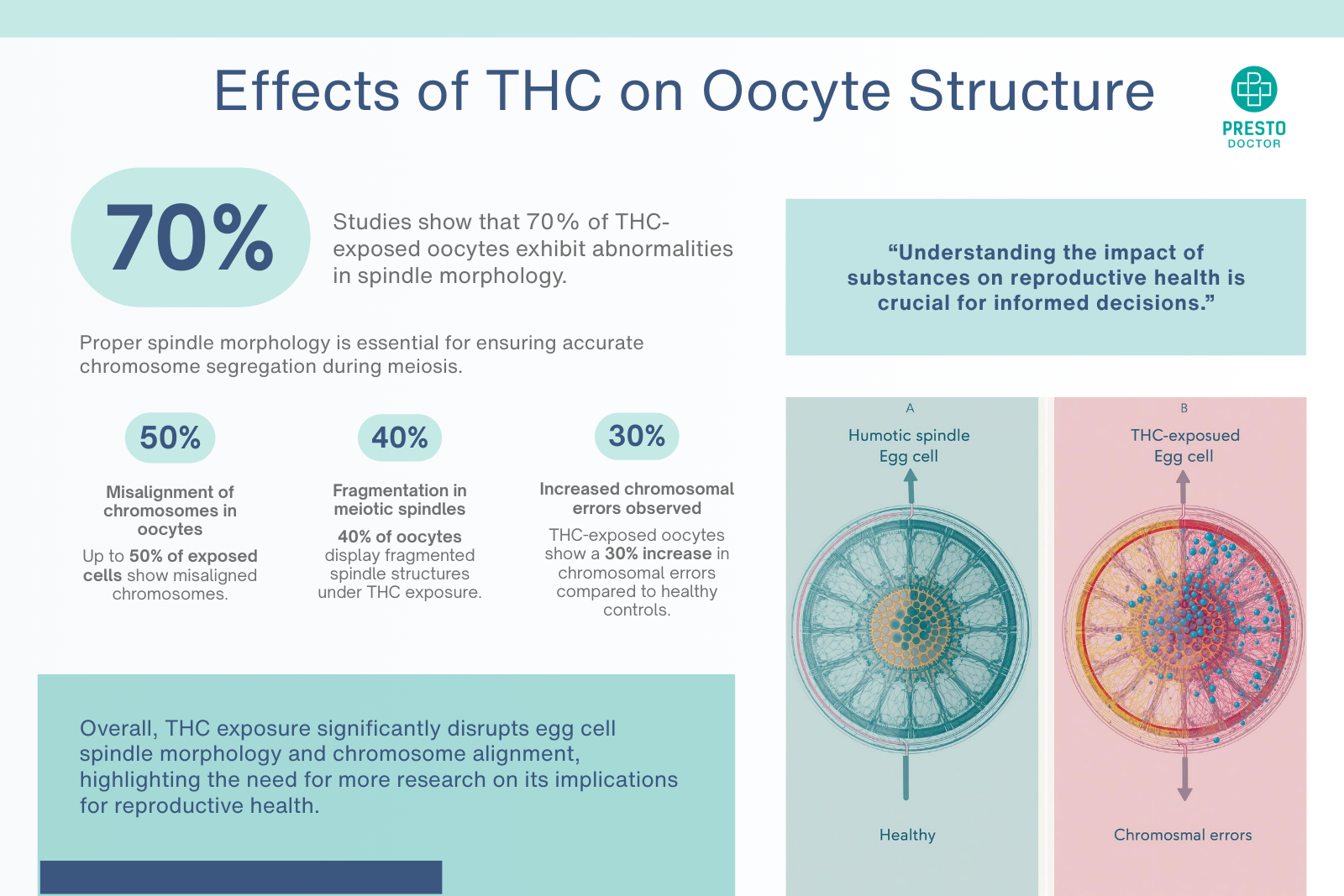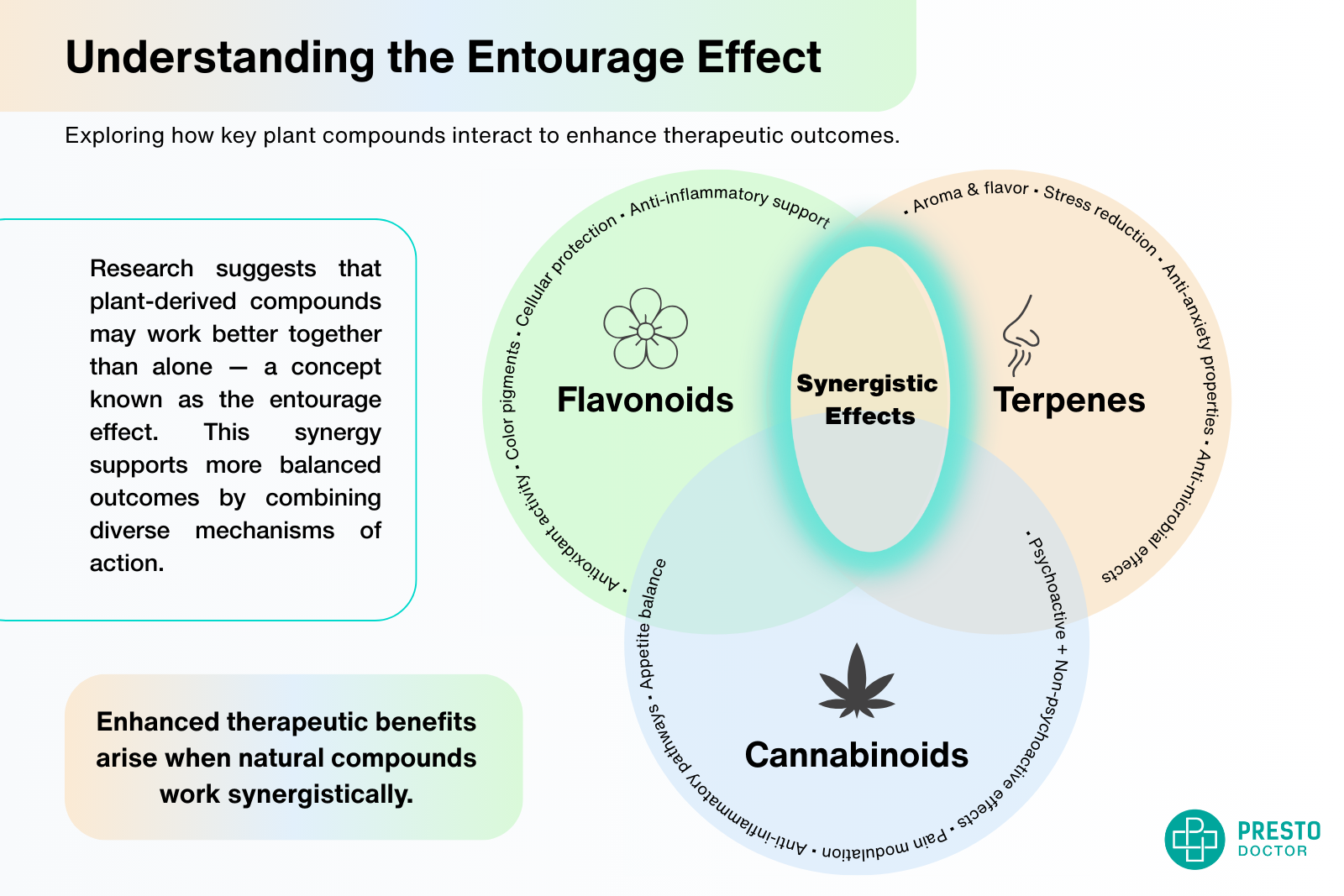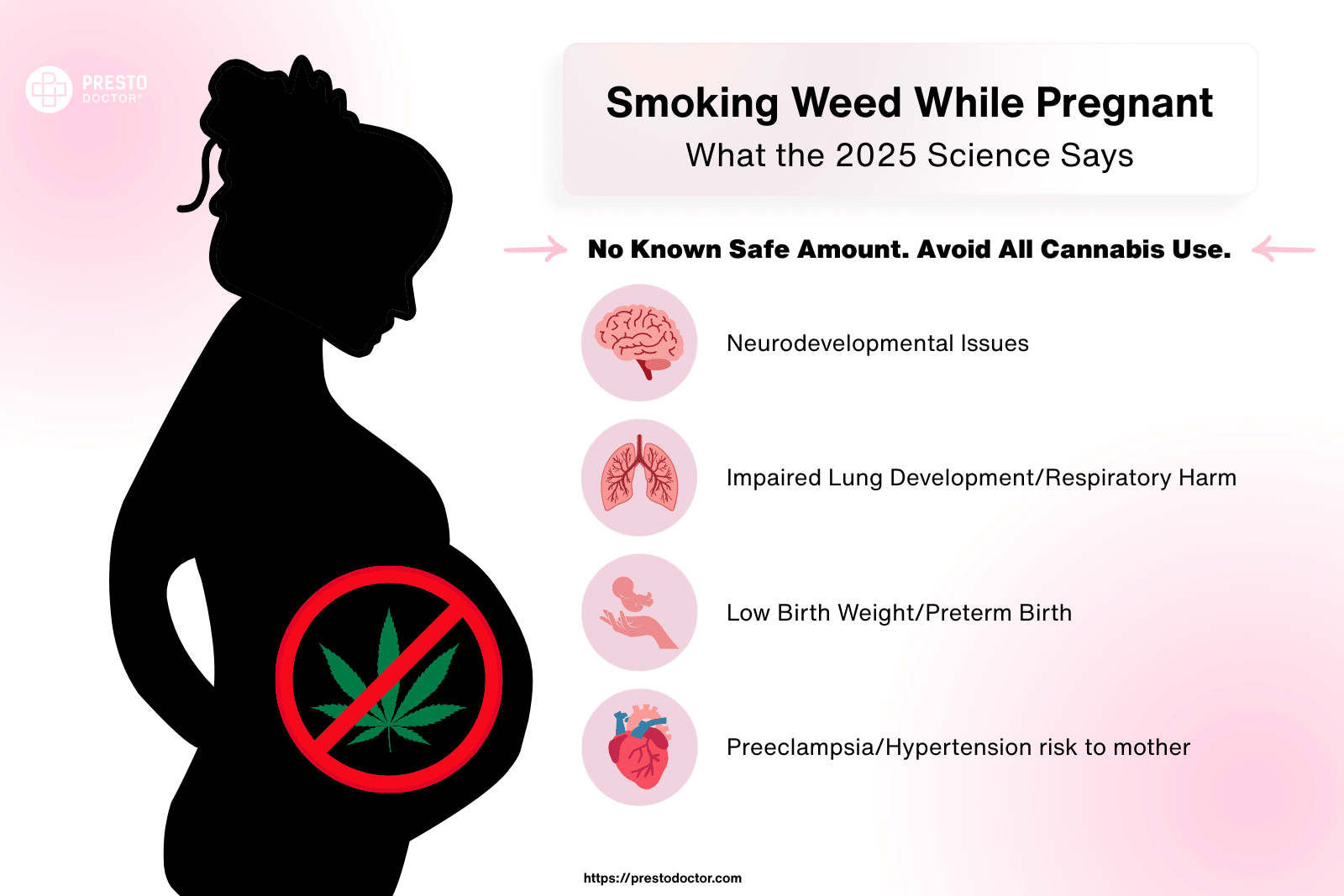
“The Marijuana Conspiracy” is a film that brings to life a shocking real-world experiment conducted in Canada in 1972. The study, called Project E206, involved a group of young women who were recruited to spend 98 days confined in a hospital ward, where they were required to consume increasingly potent cannabis under strict supervision. Directed by Craig Pryce, the film presents a dramatized version of this bizarre experiment, delving into the historical and political events that led to its inception. Despite the significance of the study, the results have never been released. Many viewers have sparked speculation and debate regarding the researchers’ true motives.
The Experiment: A Controlled Study with Unsettling Outcomes
As the study progressed, the participants began experiencing both physical and psychological distress. What initially seemed like an unusual opportunity quickly turned into an ordeal. Many women dreaded the nightly smoking sessions. Some of them were even feigning illness to obtain a doctor’s note excusing them from the increasingly unpleasant ritual. In the final week, the remaining women in the experimental group outright refused to continue. Some participants suffered long-term psychological effects and sought therapy afterward. Others found the financial compensation worthwhile and moved on without significant distress. However, one pressing question lingers: What happened to the results?
The Mystery of the Missing Data
The disappearance of the study’s findings has sparked numerous theories. Some believe that the researchers expected results that would reinforce the Addiction Research Foundation’s (ARF) opposition to cannabis decriminalization. When the anticipated negative effects failed to materialize, they allegedly chose to suppress the data and abandon further research. Others argue that the results may have valuable scientific insights that will never be available due to political pressures.
However, critics question the validity of the experiment itself, given the extreme and unnatural conditions under which it was conducted. Participants were exposed to excessive cannabis consumption in an isolated, controlled environment, raising doubts about the reliability of the data. The true reasons behind the suppression of the findings remain unknown. However, political influence likely played a significant role in the study’s abrupt disappearance.
Ethical Concerns and the Push for Scientific Reform
The controversial nature of the experiment and its questionable ethical framework eventually came to light. This prompted scrutiny from the media and whistleblowers. The study’s extreme conditions, lack of informed consent, and psychological distress suffered by participants underscored the need for stricter ethical standards in scientific research. Consequently, Canada implemented significant reforms in clinical trial regulations, emphasizing informed consent and participant protection.
Although “The Marijuana Conspiracy” is a work of fiction, it revives public interest in this forgotten chapter of history and sheds light on ethical dilemmas in scientific studies. The film challenges viewers to question the political motivations behind research. It also serves as a catalyst for discussions about integrity in scientific inquiry. The mystery surrounding Project E206 may never be available to the public. Yet, its legacy continues to raise critical questions about transparency and ethics in medical and psychological research.
The Canadian Cannabis Experiment: The True Story Behind the Film
The real-life events depicted in “The Marijuana Conspiracy” are based on the 1972 government-funded “Project E206.” Project E206 was a cannabis study conducted at the Addiction Research Foundation in Toronto. The marijuana experiment was part of Prime Minister Pierre Trudeau’s broader investigation into cannabis decriminalization. The Canadian Federal government launched the Le Dain Commission to conduct a comprehensive review of cannabis use and its societal impact. However, ARF, which opposed legalization, secured funding from provincial governments to conduct its own research into the potential dangers of cannabis consumption.
Political and medical figures at the time voiced concerns that legalizing cannabis would encourage widespread use, leading to decreased motivation and productivity. To examine these claims, ARF scientists devised experiments to test whether habitual cannabis use impaired individuals’ ability to work efficiently.
A Controversial Study: Women Confined for Science
As part of the experiment, 20 women were confined to a hospital facility for over three months. They were compensated financially but were completely cut off from the outside world, unable to leave the premises or contact family and friends. Throughout the study, researchers conducted rigorous daily assessments of participants’ brain, heart, kidney, and liver functions, as well as frequent blood and urine tests. The women were also under constant surveillance, with nurses meticulously documenting their behavior.
Half of the participants were assigned to an experimental group that was required to smoke cannabis nightly. The potency continued to increase over time. The remaining women formed the control group and abstained from cannabis use entirely. The study aimed to determine if regular cannabis consumption would negatively impact motivation and productivity. To measure this, researchers came up with the idea to offer the participants payment for weaving colorful belts. Researchers monitored how much each woman produced to gauge her willingness to work.
Historical and Cultural Context
The 1970s were a pivotal period in the global conversation about drug policy. Canada was experiencing a cultural shift, with growing support for cannabis decriminalization. The government had commissioned the Le Dain Commission to investigate the effects of cannabis, where findings suggest a more lenient approach to drug laws. However, institutions like the ARF opposed legalization, believing it would lead to decreased productivity and societal decay.
The experiment was conceived within this conflicting landscape. While the Le Dain Commission’s report leaned toward cannabis decriminalization, the ARF seemingly aimed to prove the drug’s harmful effects. This tension between scientific inquiry and political motives created an environment where research findings could be manipulated or suppressed based on ideological agendas.
Impact on Cannabis Legalization
Despite its controversial nature, the experiment did not significantly impact Canadian drug policy at the time. However, the eventual legalization of cannabis in 2018 reignited interest in past studies, including Project E206. Some researchers speculate that if the data from the 1972 study been made public, it might have influenced drug policy reforms much earlier.
Comparing this study to contemporary research, modern findings generally indicate that cannabis does not induce the extreme negative effects once feared. Current studies focus on medicinal applications, public health implications, and regulatory measures rather than proving cannabis’s potential for societal harm. The contrast between past and present research highlights how political agendas can shape scientific discourse.
Expert Opinions and Modern Scientific Perspective
Several researchers have revisited the ethical concerns surrounding Project E206. Dr. Mark Haden, a leading expert in drug policy, has pointed out that the conditions of the experiment—forced isolation, increasing dosages, and financial incentives—were highly problematic. Contemporary studies follow much stricter ethical guidelines, ensuring that participants give informed consent without coercion.
Many modern scientists also question whether the study’s conditions could yield meaningful data. Unlike real-world cannabis users, the participants were placed in a highly controlled environment where their experiences may not reflect typical cannabis consumption patterns. Additionally, the marijuana experiment’s design failed to account for variables such as personal tolerance, social context, and environmental influences, which play crucial roles in substance use research today.
Interviews or First-Person Accounts
Although direct testimonies from the marijuana experiment’s participants remain scarce, journalist Diane Peters interviewed a few women involved in the study. Some described feelings of paranoia and detachment, while others found the experience to be largely uneventful. Their accounts provide a glimpse into the psychological toll the study may have taken on participants. However, without access to the full data, it remains difficult to assess the true effects of prolonged cannabis exposure in such conditions.
Film Analysis and Reception
“The Marijuana Conspiracy” has received mixed reviews, with some critics praising its efforts to shed light on a forgotten historical event. Meanwhile, others feel it takes creative liberties with the facts. The film presents a dramatized version of events, adding personal conflicts and character arcs that may not have existed in reality. However, it effectively captures the broader themes of political interference in science and the ethical concerns surrounding human experimentation.
Compared to other films that explore suppressed government experiments, such as The Manchurian Candidate or The Stanford Prison Experiment, The Marijuana Conspiracy offers a more grounded, character-driven narrative. It personalizes the impact of the study, making it more accessible to audiences unfamiliar with the history behind the experiment.
Lingering Questions and the Experiment’s Legacy
Despite its ambitious scope, the study was abruptly abandoned, and its results never saw the light of day. The lack of transparency has fueled decades of speculation regarding what the data may have revealed. Did the results fail to support the prevailing anti-cannabis rhetoric of the time? Were they too politically sensitive to be publicly available? Or did the unnatural conditions of the experiment render the data unreliable? We may never know the truth about Project E206.
“The Marijuana Conspiracy” not only brings renewed attention to this forgotten experiment but also serves as a cautionary tale about the risks of politically motivated research. While the true findings may never come to light, the film keeps the ethical debates surrounding this study alive, prompting audiences to question the integrity of scientific investigations influenced by hidden agendas.






